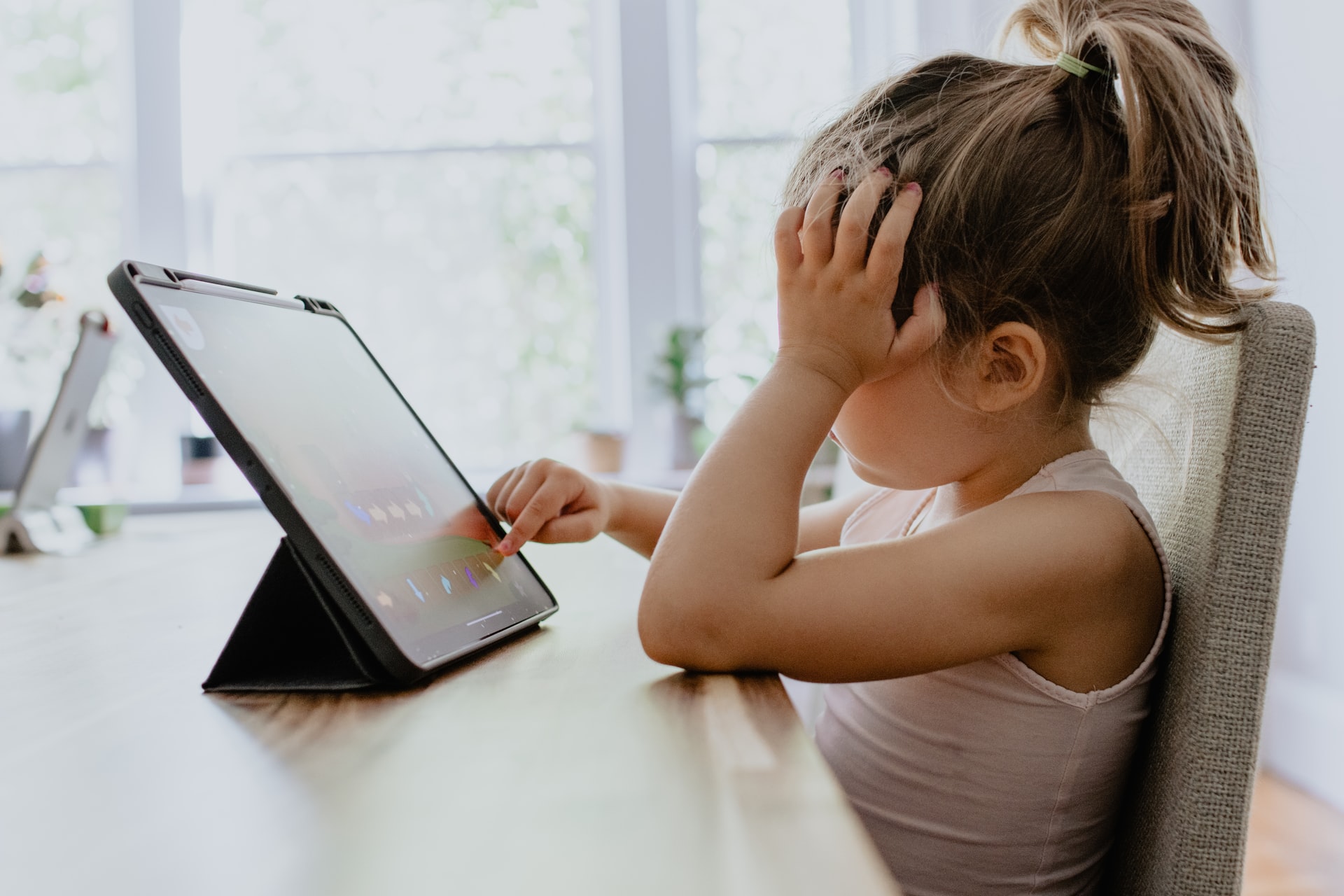School closures can affect your child’s mental health — Here’s how you can help them cope

Schools around the nation are facing a second round of closures due to the Omicron variant sweeping across the country. This recent variant of the COVID-19 virus has caused the number of daily COVID cases to balloon into the hundreds of thousands. Over half a million children were diagnosed with COVID in the first week of January alone and unlike past variants, Omicron has hospitalized many children who were once seen as being immune to the virus.
Over 4,000 schools across the United States have shuttered their doors at the start of this year due to several teachers being out sick with COVID. A substitute shortage has also plagued the nation’s schools leaving administrators with the difficult decision of returning to remote learning.
Earlier this month the CDC advised schools to cancel high school sports and extracurricular activities to avoid the spread of Omicron. Paul Imhoff, president of The School Superintendents Association, stated in an interview with CNN that these activities are “important to students’ mental health.”
Children require a stable environment for positive development, however, the past two years have put their lives in flux. So, it was no surprise when the nation’s top pediatric health experts declared a national state of emergency in child and adolescent mental health last year due to the COVID-19 pandemic.
With this constant disruption to children’s lives, it’s important that parents be prepared if and when their child goes back to remote learning at home to protect their mental health.
Many parents only get a handful of waking hours in the day during the school year to be with their children so it’s hard to find the time to check in.
It’s crucial to take advantage of this time together now. If your child has returned to remote learning and you’re concerned about their mental health, here are some ways you can mitigate those risk factors and make their remote learning experience a positive one.
Talk with your child to get a sense of their mental health
One of the sure ways you can know if your child is dealing with a mood disorder is to engage with them directly about their feelings. Try to go beyond the small talk and ask open ended questions to help foster a conversation. At the beginning of each day, ask your child what they need to do to start the day off right and what they look forward to. Once the day has come to an end, ask your child what their favorite part of the day was.
Create a positive environment at home
Since your child will be in front of a screen for most of the day, try to limit their screen time outside of school hours. Use timers with their video games and monitor their internet usage. There are many studies which correlate screen time with higher rates of depression in kids.
Keep a constant routine at home
Schools provide children with a structured day so although they might learn something new, they have a predictable schedule that they’ve come to rely on. Try to work in certain routines for your child while they’re at home during the day. Whenever they have a break for lunch or downtime that would be similar to recess, try to share a meal and head outside for a while. This sense of consistency will help your child know that there’s some certainty to the days ahead.
Take notes of your child’s behavior and conversations
As you engage your child over this period of remote learning, be sure to journal your conversations and take note of their behavior. If you have reason to believe that your child is dealing with a mood disorder, contact your physician and schedule an appointment. Your notes will provide your child’s physician with the information they need to make an informed decision about what steps you should take next to best treat your child.
And remember, as the days and weeks progress, you and your child may have to adjust to these changes which can cause some frustration, but be sure to take things one step at a time. As long as your child sees that you’re maintaining your mental health and working to cope through this period of the pandemic, they’ll have a much easier time managing their mental health as well.
For more information on children’s mental health and how to help foster your child’s positive development, download the maro parents app today.
Photo by Kelly Sikkema on Unsplash

.jpg)